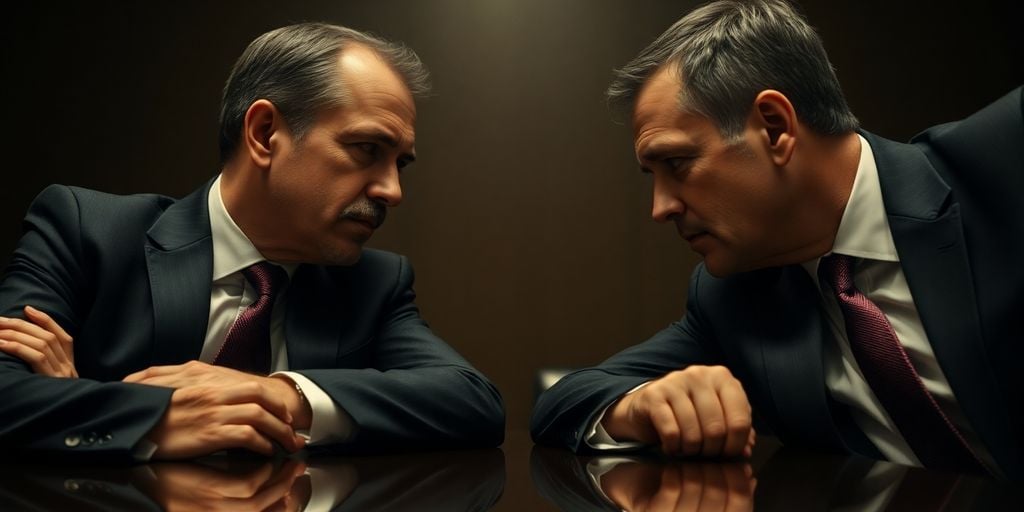Serbian President Aleksandar Vučić’s administration is reportedly attempting to neutralize N1, Serbia’s last independent broadcaster, according to new evidence obtained by OCCRP. The move comes amid ongoing mass protests against corruption and authoritarianism, with state-aligned media often portraying demonstrators and journalists negatively.
Key Takeaways
- New evidence suggests talks between the CEO of state-owned Telekom Srbija and the new CEO of United Group, Stan Miller, aimed at weakening United Media’s independent outlets, including N1.
- Miller allegedly promised to dismiss Aleksandra Subotić, the chief executive of United Media, who has maintained the outlets’ editorial independence.
- President Vučić had previously hinted at staff dismissals at N1.
- Telekom Srbija, under CEO Vladimir Lučić, has been aggressively acquiring media assets, consolidating control and reducing media independence in Serbia.
Alleged Dealings to Muzzle Independent Media
New evidence, including leaked correspondence and information from a source familiar with internal discussions, indicates that Stan Miller, the new CEO of United Group, met with Vladimir Lučić, CEO of state-owned Telekom Srbija and a close ally of President Vučić. The meetings, which occurred earlier this month, reportedly involved discussions about Miller’s plans for United Group’s Serbian operations. A key point of these discussions was Miller’s alleged promise to dismiss Aleksandra Subotić, the chief executive of United Media, who has been instrumental in ensuring the editorial independence of outlets like N1.
Miller, appointed in June by United Group’s majority owner, British private equity firm BC Partners, allegedly informed Lučić that he needed more time to remove Subotić, citing the need for other changes first. President Vučić had previously stated in a February interview that some N1 staff members would be dismissed in November, suggesting prior knowledge of these potential changes. A spokesperson for the Serbian president denied any interference in media editorial policy.
Denials and Concerns Over Media Freedom
Both Telekom Srbija CEO Vladimir Lučić and a spokesperson for United Group have denied any campaign to "cripple" or interfere with the editorial independence of N1. Lučić stated that his conversations with Miller were about "technical and compliance-related issues" and denied discussing personnel changes. He described his relationship with the Serbian president as strictly professional.
Aleksandra Subotić, who has led United Media for nearly 15 years, expressed concern over the discussions, calling it "unacceptable" that her potential dismissal was being discussed with the CEO of a competing company, especially one linked to the state. She argued that such talks highlight the government’s intent to undermine media freedom in Serbia and affirmed her commitment to maintaining editorial independence.
Telekom Srbija’s Expansion and Media Consolidation
Telekom Srbija, under Lučić’s leadership since 2020, has pursued an aggressive expansion strategy, acquiring and launching several television stations. This includes deals with United Group, where Telekom Srbija purchased assets like NetTV Plus and Total TV. Media analysts suggest these acquisitions have served the Serbian government by concentrating media outlets under state-aligned ownership, significantly reducing media independence in the country. Despite accumulating substantial debt from these acquisitions, the strategy has been effective in consolidating media control.
Sources
- Telecom Chief and United Group CEO in Talks to Weaken Serbia’s Last Independent Broadcaster, Organized Crime and Corruption Reporting Project | OCCRP.






